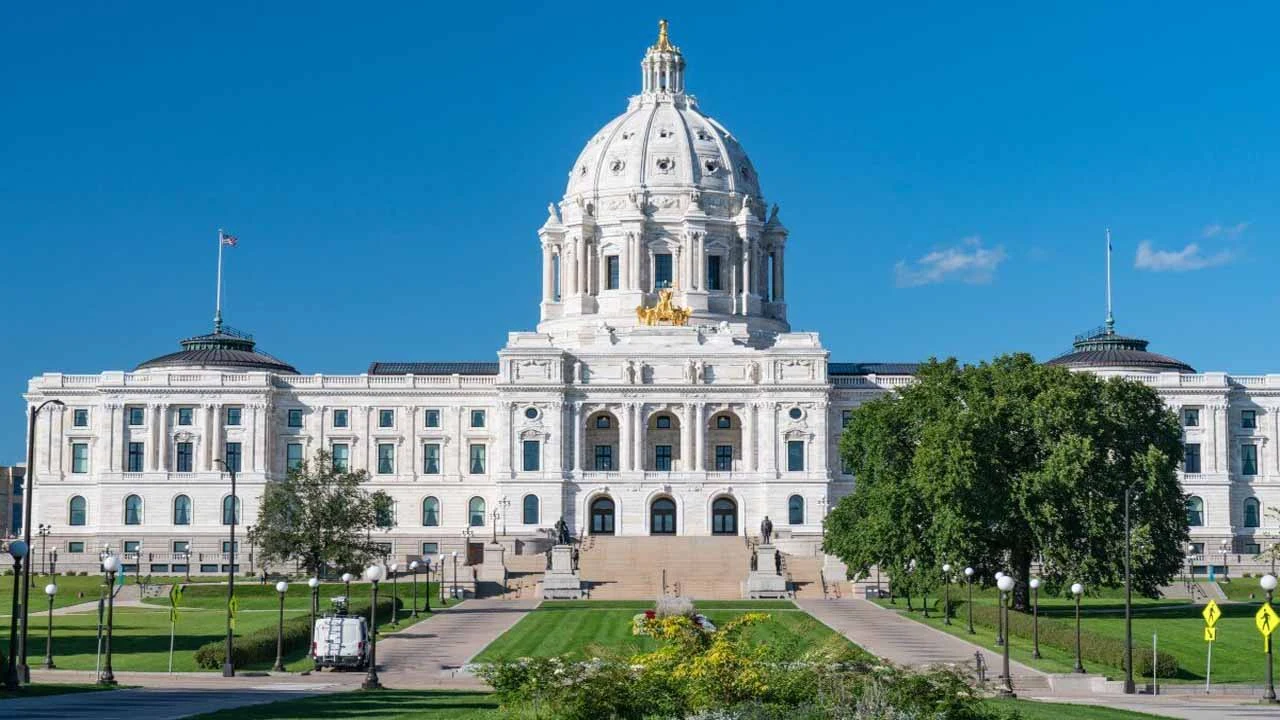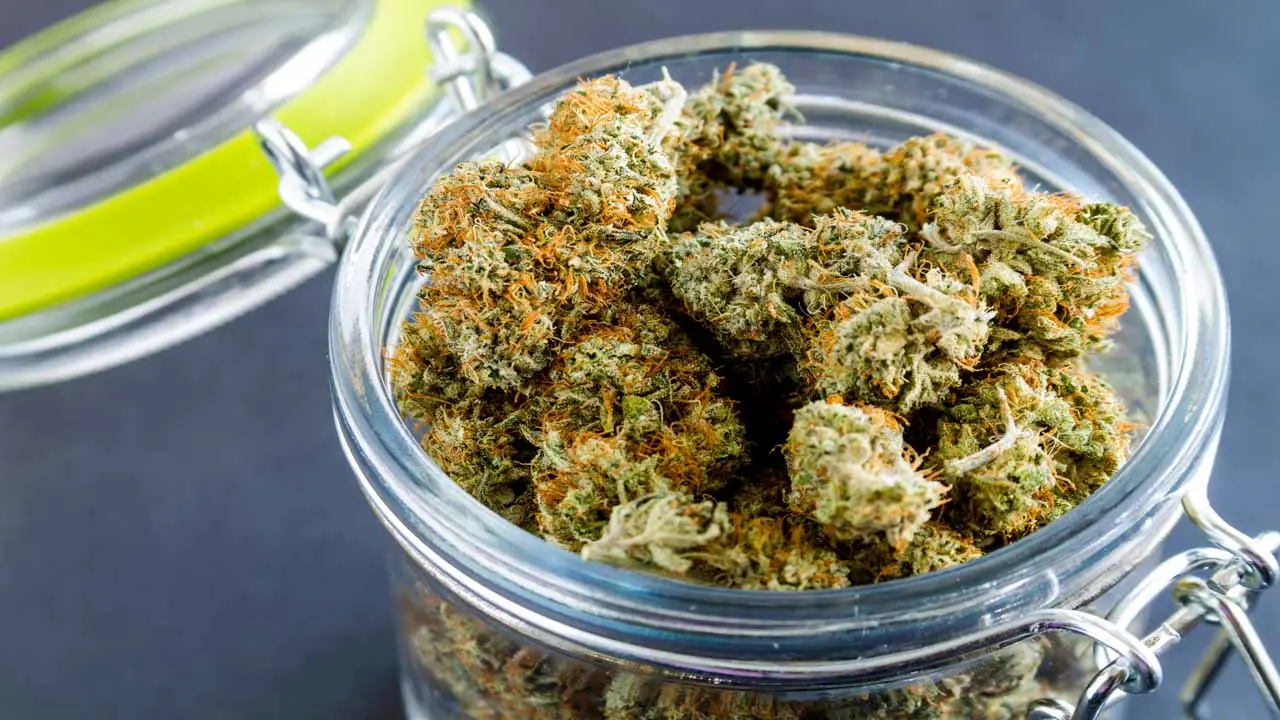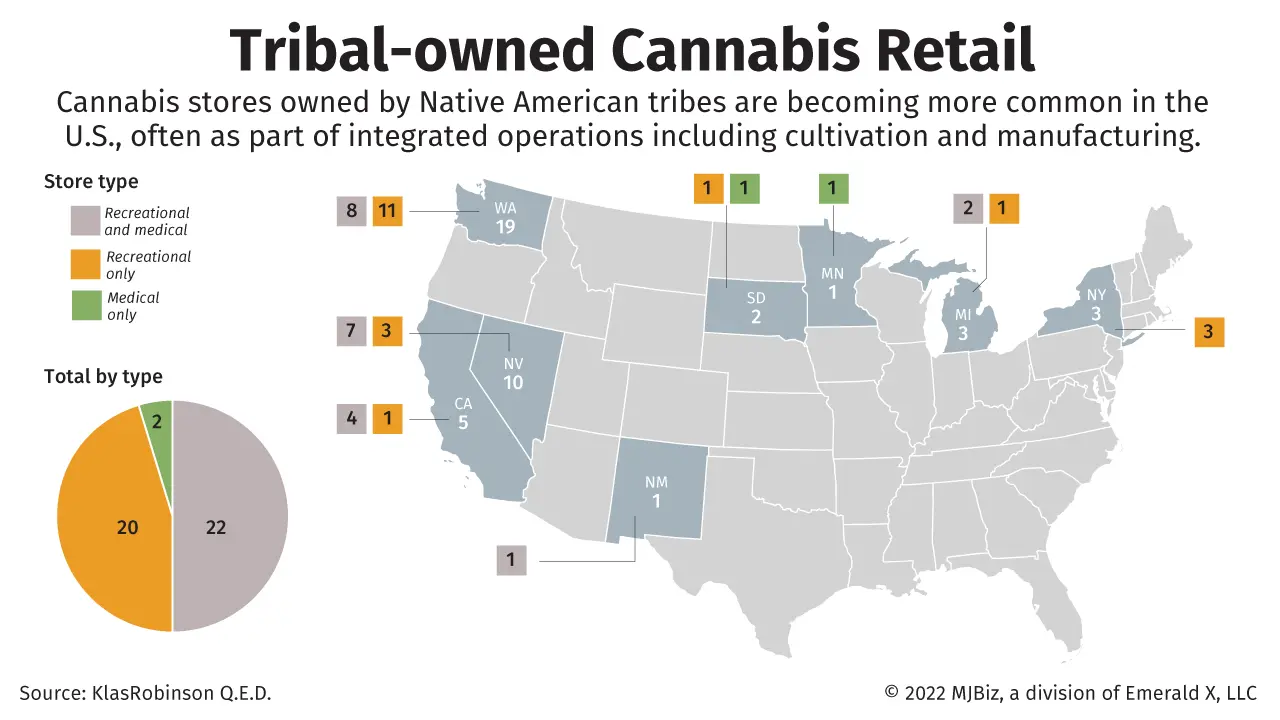The Democratic-controlled Minnesota House of Representatives passed an adult-use marijuana legalization bill in a bipartisan vote of 71-59 on Tuesday.
The state Senate could hear the bill as soon as the end of the week, according to Democratic Farmer-Labor (DFL) party leadership.
The DFL, the Minnesota-specific affiliate of the national Democratic Party, holds a trifecta in the state with a majority in both chambers of the Legislature and the governor’s office.
Gov. Tim Walz has pledged to sign a legalization bill into law if one reaches his desk.
If the legislation passes the Senate and Walz follows through, Minnesota would become the 23rd state to legalize recreational marijuana.
The legalization proposal has undergone meticulous review, with hearings and votes in 16 committees since its January introduction.
If the legislation were to become law, it would:
- Establish an Office of Cannabis Management, which would set precise rules for licensed cultivation, manufacturing and sales, including fees and any license caps.
- Set a state gross-receipts tax of 8% and ban local taxes.
- Allow controversial hemp-derived cannabinoids in finished edibles products but ban so-called “artificially derived” cannabinoids such as THC-O.
- Direct a state agency to give cash grants to nonprofits that would be steered toward cannabis microbusinesses in the form of startup loans and job development.
- Allow adults 21 and older to possess up to 2 ounces of cannabis in public and up to 1.5 pounds at home and cultivate up to four mature flowering plants.
- Assess civil penalties against violators of the law, such as anyone selling without a state license. Penalties would be assessed on a sliding scale depending on the amount sold.




